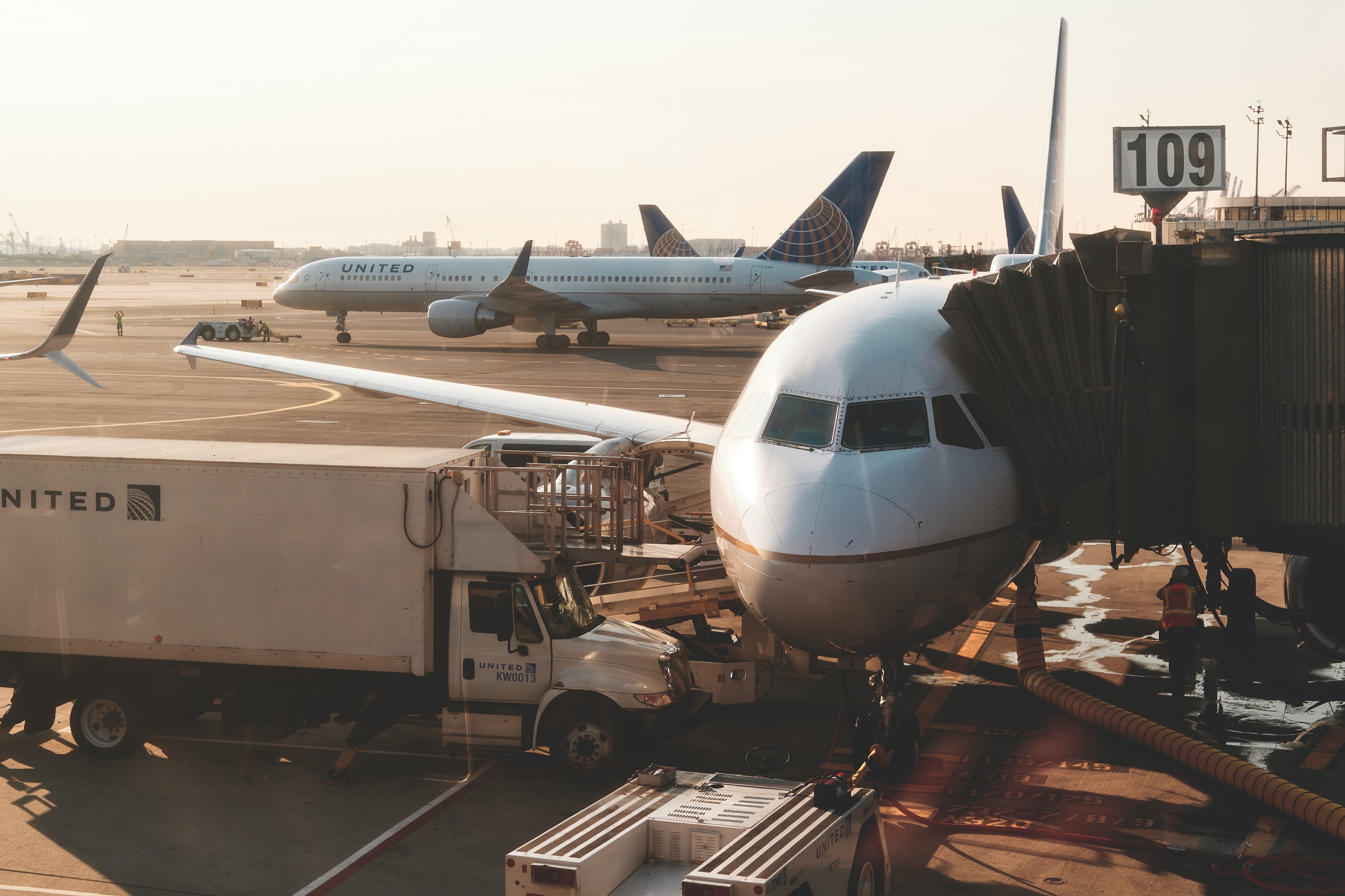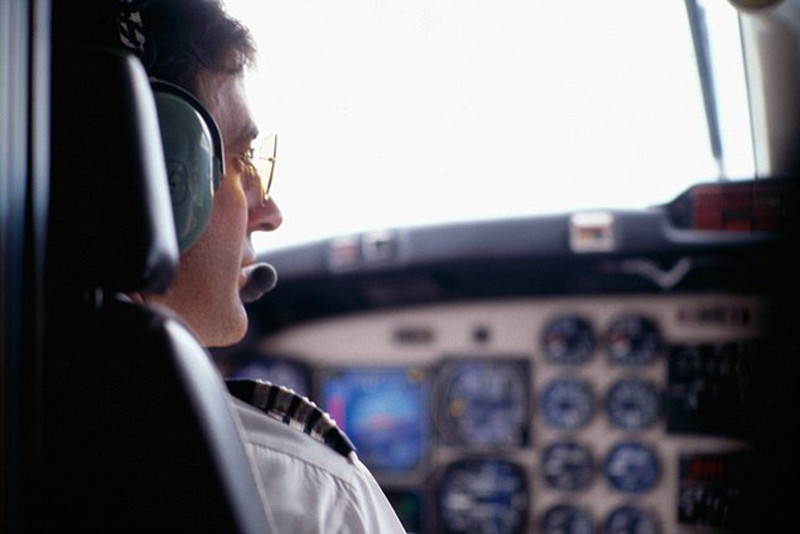A Complete Guide to Flight Phases
Pilots · 12 min read
Flying can seem overwhelming at times but understanding each of these phases can help make it easier for aviation professionals or anyone curious about flying planes.

The aviation industry is currently undergoing a challenging period with pilot shortages disrupting normal flight operations. Airlines across the world are preoccupied with the problem and the efforts to contain it. Let’s take a look at the leading causes of the pilot shortage, its effects on the industry and the best solutions to tackle the issue.
Although airlines have been raising the issue of a lack of pilots for a number of years, the Covid-19 pandemic was the catalyst in amplifying the problem. The ramifications of the sudden halting of airport operations to contain the spread are widely felt to this day.
During the pandemic, most airlines announced massive layoffs and encouraged pilots to choose early retirement. This acted as a short-term solution to alleviate the losses the industry was taking. Although it was helpful at the time, now with airline operations fully back on track, it is clear that this has caused irreparable damage to pilot supply.
The accelerated pilot retirement disrupted the natural generational change and left the industry with a massive deficit of new and adequately trained pilots. This problem is also exacerbated by the fact that pilots work within a seniority-based system. This means that certain positions can only be filled by experienced professionals and even so extensive training may still be a requirement.
The preparation of new pilots takes up time and that is simply not at the industry’s disposal. While air travel demand keeps growing airlines are struggling to meet it. Although the desire to alleviate the losses taken during the pandemic is high, airlines are not capable of satisfying the need for more air travel due to the pilot shortage.

The dire situation is not expected to change anytime soon. The current projections show that by the end of the decade the industry will have an insufficiency of about 300,000 pilots worldwide. That is including all efforts to close the gap between demand and supply of pilots.
It is already evident that the pilot shortage has created competition between airlines. To attract and retain pilots certain airlines offer higher salaries and although this might seem like a reasonable solution, it inevitably creates problems not only for specific airlines but also for the industry as a whole. The companies offering pay increases will see their net returns decline, while smaller carriers which cannot afford to increase pay will face collapsing air service.
The common flyer will feel the pilot shortage through the increase of flight delays, cancellations, and generally fewer available flights. Because of the higher airline operating costs more expensive plane tickets are also to be expected.
Additionally, the aviation industry is predicted to experience more staff shortages involving maintenance, repair, and overhaul (MRO) services. In the coming decade the lack of mechanics will keep gradually growing. Unless actions are taken to attract more aviation mechanics, the effects of this shortage will also be grave.
Even though the pilot shortage seems to be a problem that will only worsen over time that does not mean that the industry should give up on finding solutions. Any type of initiative for increasing pilot supply will have a positive impact and is incredibly necessary.
Airlines are expected to expand their pilot recruitment efforts by establishing financing programs for aspiring pilots. Greater sponsorship may attract more candidates and ease their road to the career of a pilot. Having financial support through all of the various training stages is crucial in the attraction of fresh faces.
Although making pilot recruitment stages more accessible is a long-term investment and does not solve the current shortage, it does seem to be the most viable option. The accessibility will come not only from the lessening financial strain but also from the widening pool of candidates.
An unexpected positive outcome of the pilot shortage might be that the current lack of diversity within the pilot sector may finally change. People who in the past were overlooked for pilot positions will finally have an opportunity. Racial minorities and women are expected to play a much larger part in the future of aviation than they had previously.
Certain airlines have already started launching their very own flight academies. This way companies secure the new batch of pilots for themselves. Such a direct pipeline from academy to a job position will greatly benefit the airlines who have undertaken this venture.
Other proposed solutions include raising the retirement age of pilots and lowering the requirements for issuing new pilot licenses. Neither of these are welcomed options due to the risks to air travel safety. Retirement ages are implemented for a reason and to perpetually raise this bar is irresponsible. Lowering the flying hours needed to obtain a pilot’s license presents the same issue. The problem of pilot shortage should not be solved at the expense of safety measures.

Choosing a career as a pilot is becoming more and more tempting with the newly emerging scholarships, the increase in pay and the assured job security. Becoming a pilot at the current climate also means helping the aviation industry manage a crisis.
Although there are many hurdles to overcome in the road to a pilot’s position, it is now more advantageous than ever to embark on this journey. With the industry in such a dire need of pilots, starting pilot training is a sure investment into your future.
If you are currently considering the possibility of becoming a pilot, Aeroclass will host a free webinar on how to prepare for a pilot interview. The two hosts, aviation industry experts, Martin Horan and Jon Sinclair will discuss the newest developments in pilot recruitment, share job interview preparation tactics as well as their personal experiences with interviews and much more. Whether you are completely new to the field of aviation or have been part of it for years there will be something to learn for everyone.